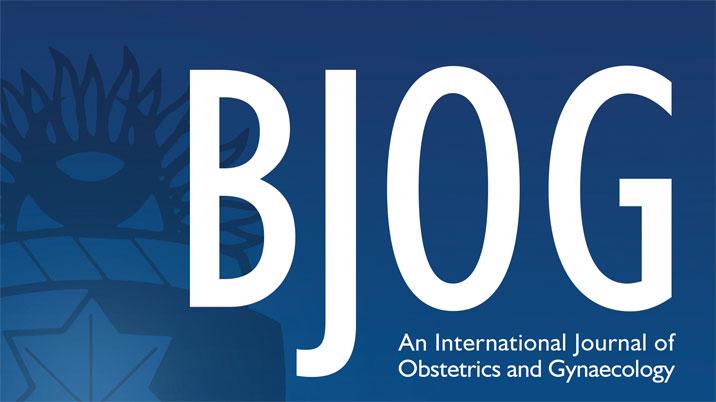
A group of OB/GYNs in the Middle East with a history of testing the patience of editors has lost a paper — and received in expression of concern for another — over concerns about the validity of their data.
The articles appeared in the BJOG, a Wiley publication. Both were led by Mohammad Maher, who is affiliated with Menoufia University in Egypt and the Armed Forces Hospital Southern Region, in Saudia Arabia.
Maher was first author of a 2017 paper in Obstetrics & Gynecology that the journal retracted earlier this year, after the editors were unable to resolve serious questions about the reliability of the data. As the retraction notice states, the journal made little headway with Menoufia University when it tried to follow up on concerns that the researchers’ results were almost certainly fabricated.
Maher’s co-authors on the OG paper were Tarek Sayyed, and Nabih Elkhouly — the same trio behind one of the new papers.
The new retraction involves “Cervical mucus removal prior to intrauterine insemination: a randomized trial,” which the BJOG published in 2017. The notice states:
This retraction has been agreed due to concerns about the validity of the data presented in the Article that have not been resolved through communication with the Authors and their institution. Patterns in the data have led to questions about the overall reliability of the study.
The EoC is for a 2018 article titled “Nifedipine alone or combined with sildenafil citrate for management of threatened preterm labour: a randomised trial.” This time, Maher and Sayyed were joined by S.W. El-Khadry.
The statement strikes the same notes as the retraction (which is a bit puzzling given the history here):
This expression of concern has been agreed due to concerns about the validity of the data presented within the Article. Some patterns in the data have led to questions about the overall reliability of the study. The Editors have informed the authors’ institution and requested a full investigation. An update will be provided when the investigation concludes and will detail any further action that is necessary regarding the Article.
We emailed Maher for comment but have not heard back. We also reached out to the BJOG to find out why it decided to leave one of the two suspect papers intact but under a cloud. Here’s what they told us:
Each and every paper suspected of containing fraudulent data is required to undergo an independent and robust investigation before a retraction takes place, in line with best practice and industry standards.
Decisions about what actions to take at any given time, if any, depend on the findings of the investigation thus far and the strength of the evidence.
Each paper must be assessed on an individual basis, regardless of the findings of prior investigations into papers by the same author or institution.
The BJOG team has been following standard policy, and expects that the institutional investigation for the second paper should come to a conclusion in the near future. There was a need to inform BJOG readers of the concerns in the interim, hence why the Expression of Concern was issued.
Like Retraction Watch? You can make a tax-deductible contribution to support our work, follow us on Twitter, like us on Facebook, add us to your RSS reader, or subscribe to our daily digest. If you find a retraction that’s not in our database, you can let us know here. For comments or feedback, email us at [email protected].